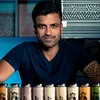The smoothie life: How Hyderabad-based Drunken Monkey grew into a national brand with 100+ stores
Founded in 2016, Hyderabad-based Drunken Monkey has emerged as a national smoothie brand with over 100 stores spread across 43 cities in India.
“ does not try to do much. Its efforts are to undo a lot of things,” says Samrat Reddy, Founder and Managing Director of the Indian smoothie bar chain.
The smoothie brand thrives to get its customers closer to nature and enjoy beverages in the ‘most elementary form’ — using fruits, vegetables, and nuts. Founded in 2016, Drunken Monkey started with one smoothie bar in Hyderabad. At present, it operates more than 100 stores across 43 Indian cities. The brand offers blended natural-fruit smoothies and smoothie bowls in over 200 combinations.
“We just try and uncomplicate it. And of course, there are more options than just coffee to get high on,” the 35-year old entrepreneur jokes.
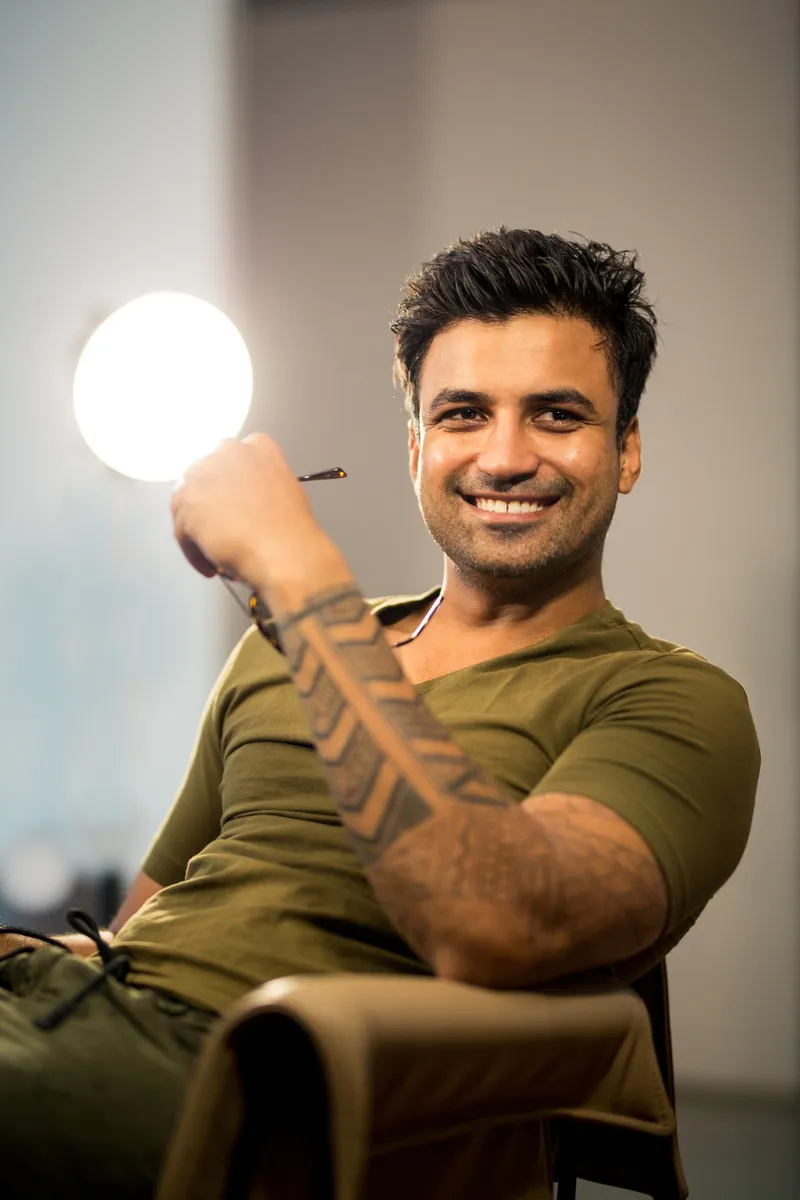
Samrat Reddy, Founder and Managing Director of Drunken Monkey
Inspiration: Starbucks
An engineer by education, Samrat started his career in Australia as a Test Environment Engineer at Infosys Technologies. Then, he moved to Scotland to pursue an MBA from the University of Strathclyde.
Growing up, Samrat wasn’t a fan of tea or coffee. He was more inclined towards fruit juices and smoothies. Inspired by Starbucks, he wondered why there were so many coffee places but not enough smoothie places.
“I wanted to make smoothies a cult drink, similar to what Starbucks did to coffee,” he recalls.
However, Samrat’s smoothie-bar dream did not come to him immediately. After returning to India, in 2008, he set up a 3D animation and visualisation firm Hestia Studios. “It was way ahead of its time in terms of what was happening in the design and visual representation space in India,” he says. In 2012, Hestia Studios shut down, and Samrat went on to manage his family-owned steel plant, DELTA Steel Structures.
In 2015, almost seven years after the smoothie-bar idea had first struck him, Samrat decided to pursue his dream. He spent a year-and-half on R&D, planning, and refining the idea. In 2016, Drunken Monkey was launched in Hyderabad.
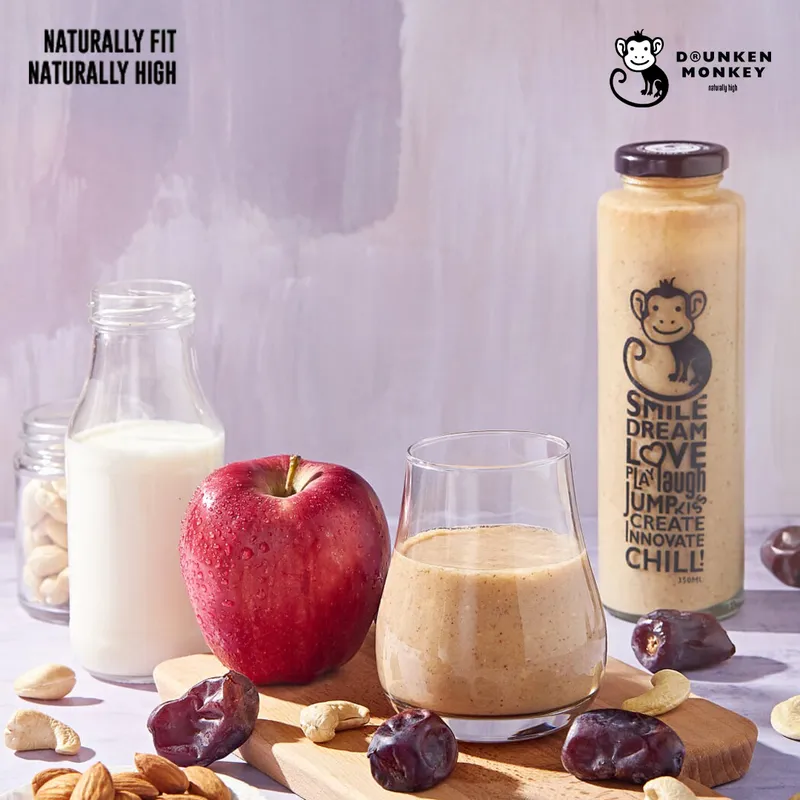
Date-nite smoothie by Drunken Monkey
“I always wanted to start at a place where it does not get too much attention until we are big enough. The initial two-years is when we were experimenting and finding our ground, and did not want to be easily copied. That worked in our favour,” Samrat explains.
He invested about Rs 4 crore to start the business. Today, Drunken Monkey is expecting to generate revenue of around Rs 100 crore in the next fiscal year.
‘Naturally high’
“Monkeys are super active animals who are just so high, living only on fruits and plant-based food. We claim to be better versions of monkeys, don't we?” Samrat jokes.
Additionally, he adds that the name is misleading in a ‘good way’ and anyone who hears about it, would definitely look up to know what the brand serves. The Hyderabad-based team at Drunken Monkey employees more than 50 people, and across the country, it employs over 500 people.
“Millennials are more experimental with new brands. People want a space to create meaningful social connections without restricting themselves to regular coffee and chai outlets. Smoothies are the new social lubricant in town,” Samrat says.
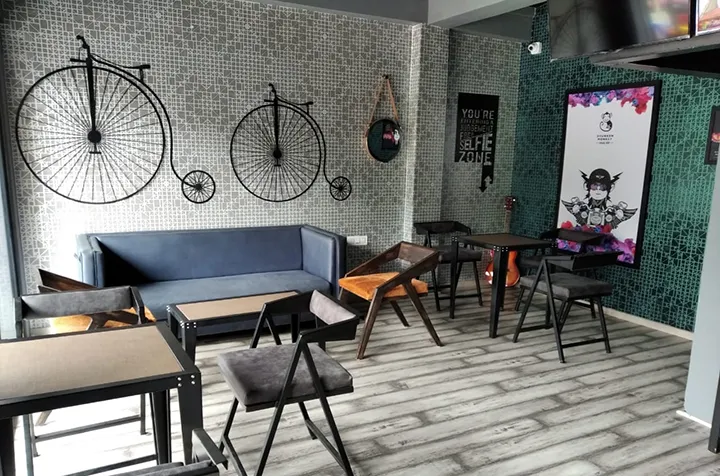
Inside a Drunken Monkey smoothie bar
Locally sourced
Drunken Monkey has teams in every city to ensure smooth operations. Samrat says the brand sources all its raw materials locally.
“We want to support local businesses and make sure that all the ingredients that go into the production of our products are fresh,” he says. “Additionally, the pandemic has made us stronger in our quest to make natural and healthier options available to our customers.”
However, building a pan-India brand, which involves dealing with perishable and seasonal fruits and vegetables at its core, has been a challenging affair for Drunken Monkey. “We are still fighting this odd and the only way to overcome it is to get deep into the business and get our hands dirty all the way. We have invested enough time and energy to find capable solutions for most of the problems in this line of business,” Samrat adds.
To maintain the consistency and quality of its products throughout all the stores across the country, Drunken Monkey has time-to-time audits in place.
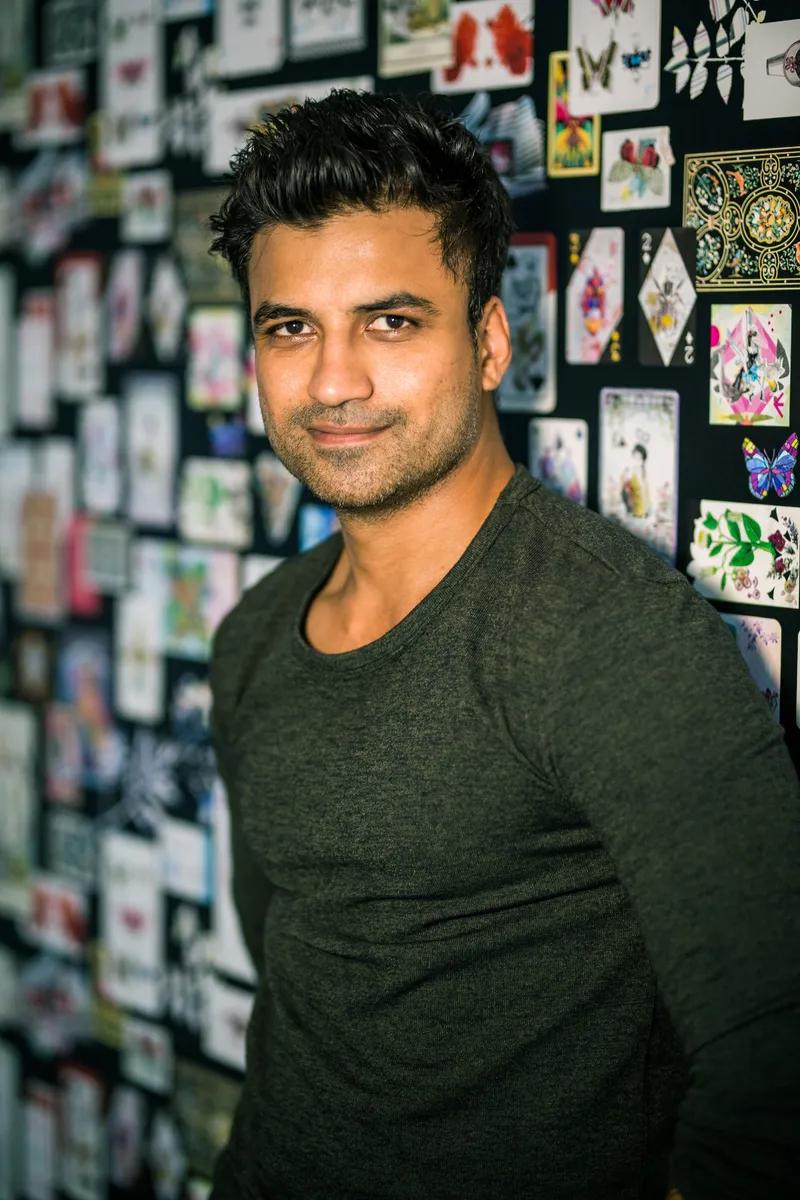
Samrat Reddy, Founder of Drunken Monkey
The smoothie business
The global smoothies market size was estimated to be valued at $12.10 billion in 2019 and is expected to reach $17 billion, growing at a rate of 10.1 percent between 2020 and 2025. In India, brands like Juice Lounge, Smoothie Factory, Lassi Corner, and Think Juice, among others, have been making noise with their franchise smoothie bar model.
Drunken Monkey sells smoothies to its customers in the FnB cafe and restaurant model, with a single smoothie or smoothie bowl priced between Rs 80 and Rs 200. While the brand does not limit its target audience to any particular age or gender, its language and strategy are more directed towards 18 to 35-year olds.
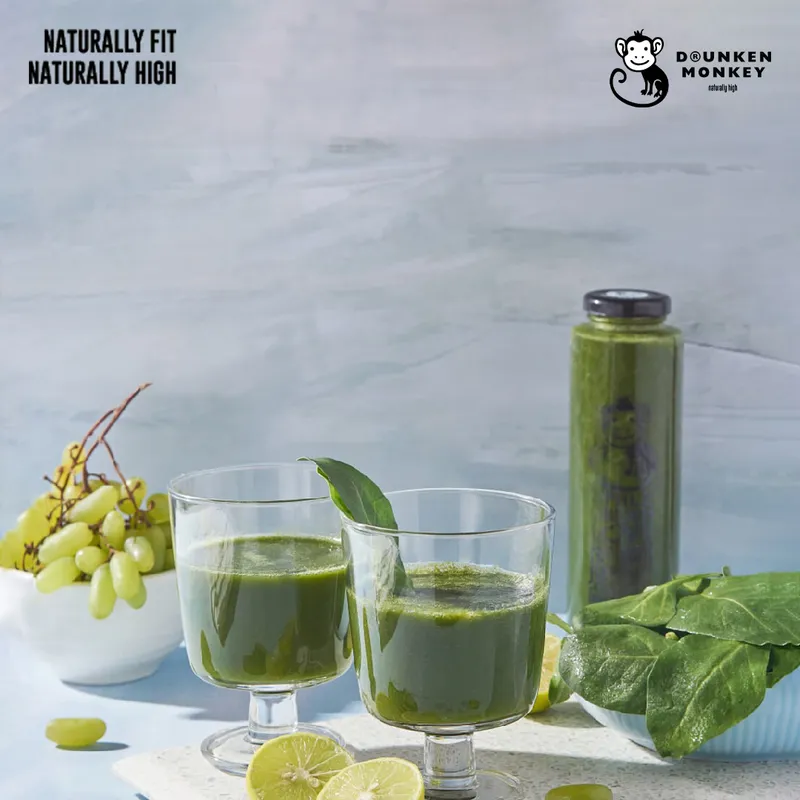
Sexy Spinach smoothie by Drunken Monkey
“It is not because of the limitation of the product but because we focus on digital marketing and that is the most active audience on digital platforms,” Samrat adds.
Drunken Monkey claims to have generated triple-digit growth in 2018 and 2019. “We were targeting to hit Rs 60 crore this year. However, the pandemic paused our growth,” he says. The company has not raised any external funds yet.
Going forward, Smarat’s goal with Drunken Monkey is to make smoothies a lifestyle, “Initially in India and then across the world,” he says. In the next couple of years, the company aspires to launch across five countries, introducing smoothies with higher shelf-life to enable distribution at supermarkets.
If this mission requires raising funds or getting into a partnership, the founder says, “So it be. But I will never lose control of our goal or the brand.”
Edited by Saheli Sen Gupta



![[Startup Bharat] Kochi-based monQo turns up the heat in the milkshake market to take on Keventers, Drunken Monkey](https://images.yourstory.com/cs/2/79900dd0-d913-11e8-a160-45a90309d734/MONQO1556281423691.png?fm=png&auto=format&h=100&w=100&crop=entropy&fit=crop)
